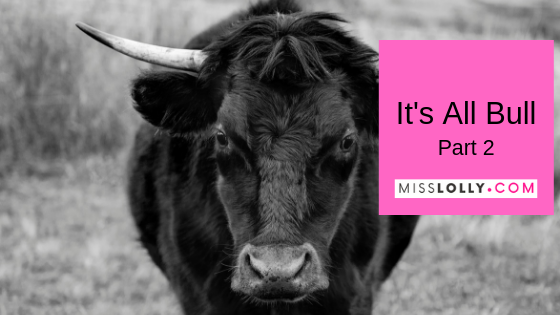Last year, I wrote about how to react to the ups and downs of markets. I thought I would write the blog this week to expand further.
So a quick recap – a Bull market is when stock markets are on the up! The opposite is a Bear market.
This Bull market has now been the longest on record, so whilst we have all been distracted by BREXIT, stock markets have been increasing (although they have been very volatile)! But when is the next Bear market? Who knows?
But here are my 3 top tips on how to prepare your portfolio for the natural cycles of the Bull and Bear phases:
- Do Not Fear
A lot of people will panic when they hear what they think is bad news. As I alluded to earlier, there was a lot of panicking in the investment markets on the day BREXIT was announced. On that day, the FTSE 100 fell nearly 8% to 5,800 in the first hour. However, from then until the end of May 2019, the FTSE had increased by nearly 25%. So if (like several people I have met recently) you panicked on BREXIT and pulled your investments out into cash, then a lot of potential growth was missed out on, because of fear.
- Do Not Try To Be An Expert
Markets can teach even the “best” experts a lesson every now and again. As the saying goes “time in the market” is more important than “market timing”. What this means is that you shouldn’t try to be too clever. Don’t try to predict. If you have bought a well-diversified portfolio that suits your attitude to risk, then you should stick with it through the good AND the bad.
*Schroders, quotes the following example: if at the beginning of 1988 you had invested £1,000 in the FTSE 250 and left it alone for 30 year, it might be worth £23,800 by the end of 2018. However, if you tried to guess the market and just happened to miss the 30 best trading days, the same investment might only now be worth £6,749. Mistimed decisions, on an investment of only £1,000 could have cost you more than £17,000 worth of returns!
Now it is very unlikely that anyone would be invested fully in just the FTSE 250, but the numbers prove a good point anyway.
- Go Global.
Time and again I see potential clients come into the office with all of their pensions/investments invested almost 100% in the UK – i.e. they have a home bias. The UK represents less than 6% of global markets. Limiting your portfolio to just the UK, means that you are missing out on the potential benefits of diversification.
If you are not sure how your pension or investments are invested, remember that you are their client and that you are paying them for a service. So give them a call. Ask then to tell you what you are invested in, how much it is costing you and what other things you can invest in should you want to. More than likely they will be able to email you a brochure.
Lots of Love,
Miss Lolly xx
*Please remember – the value of your investments can go down as well as up, so you could get back less than you invested.







Leave A Comment